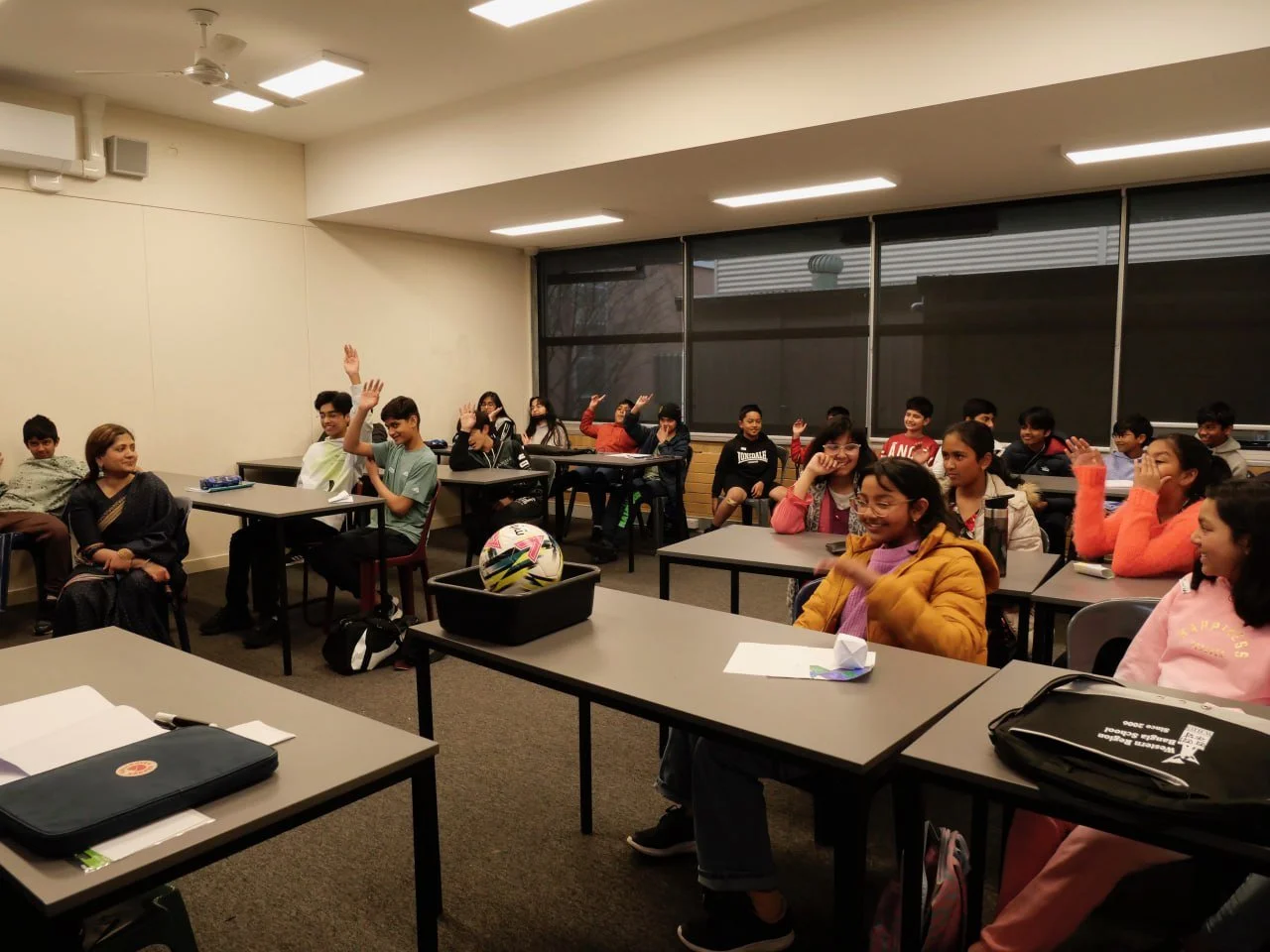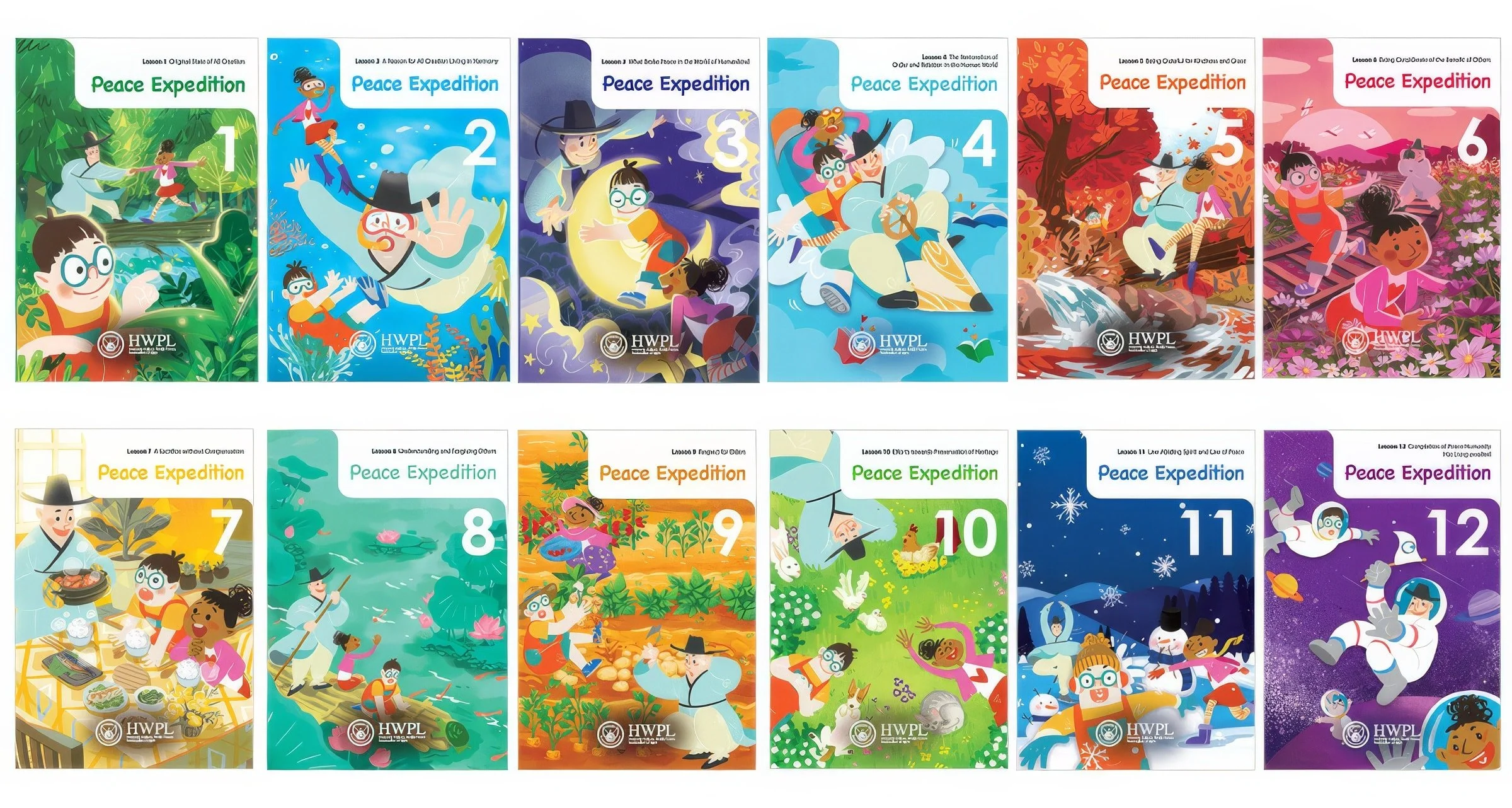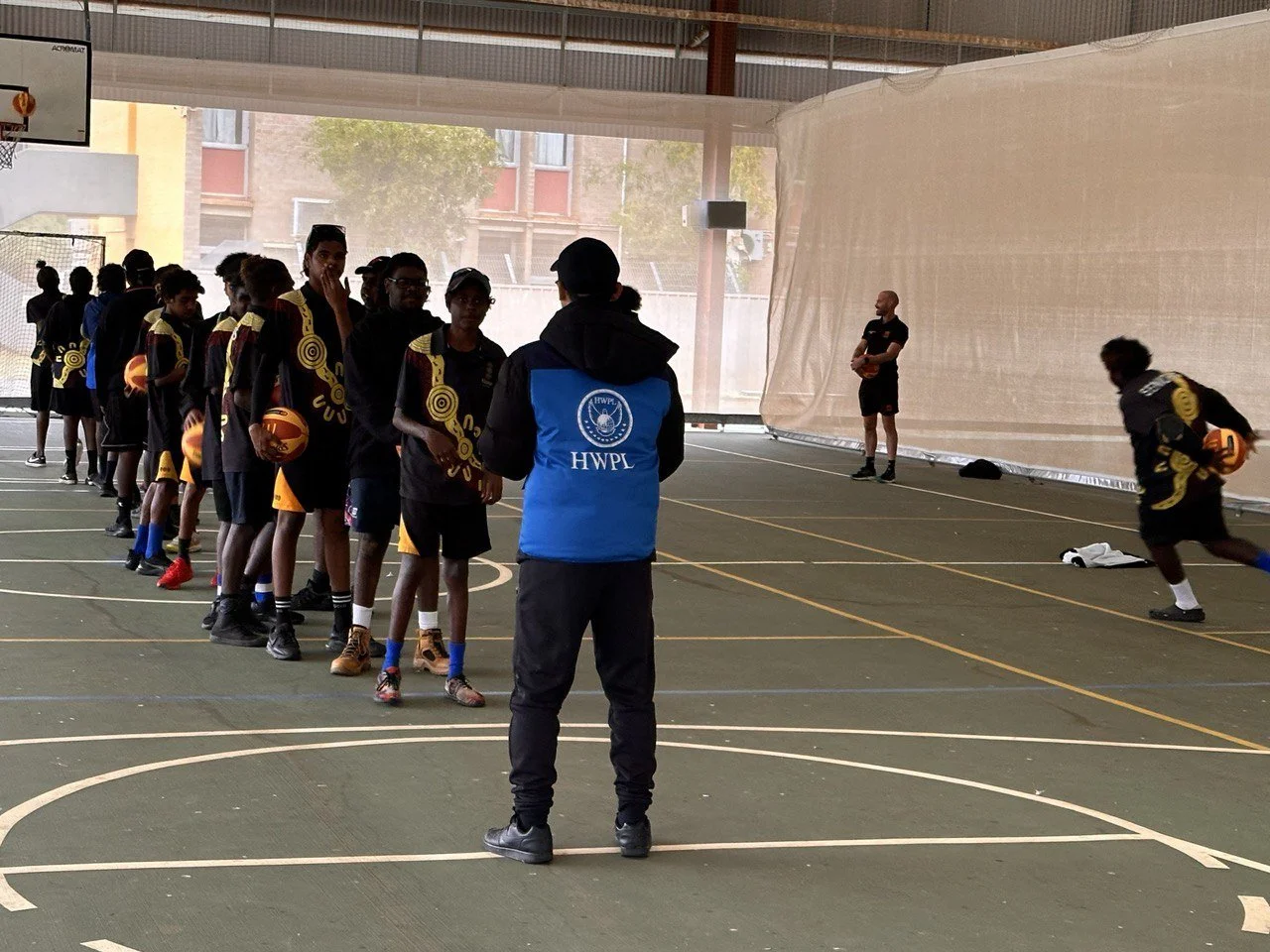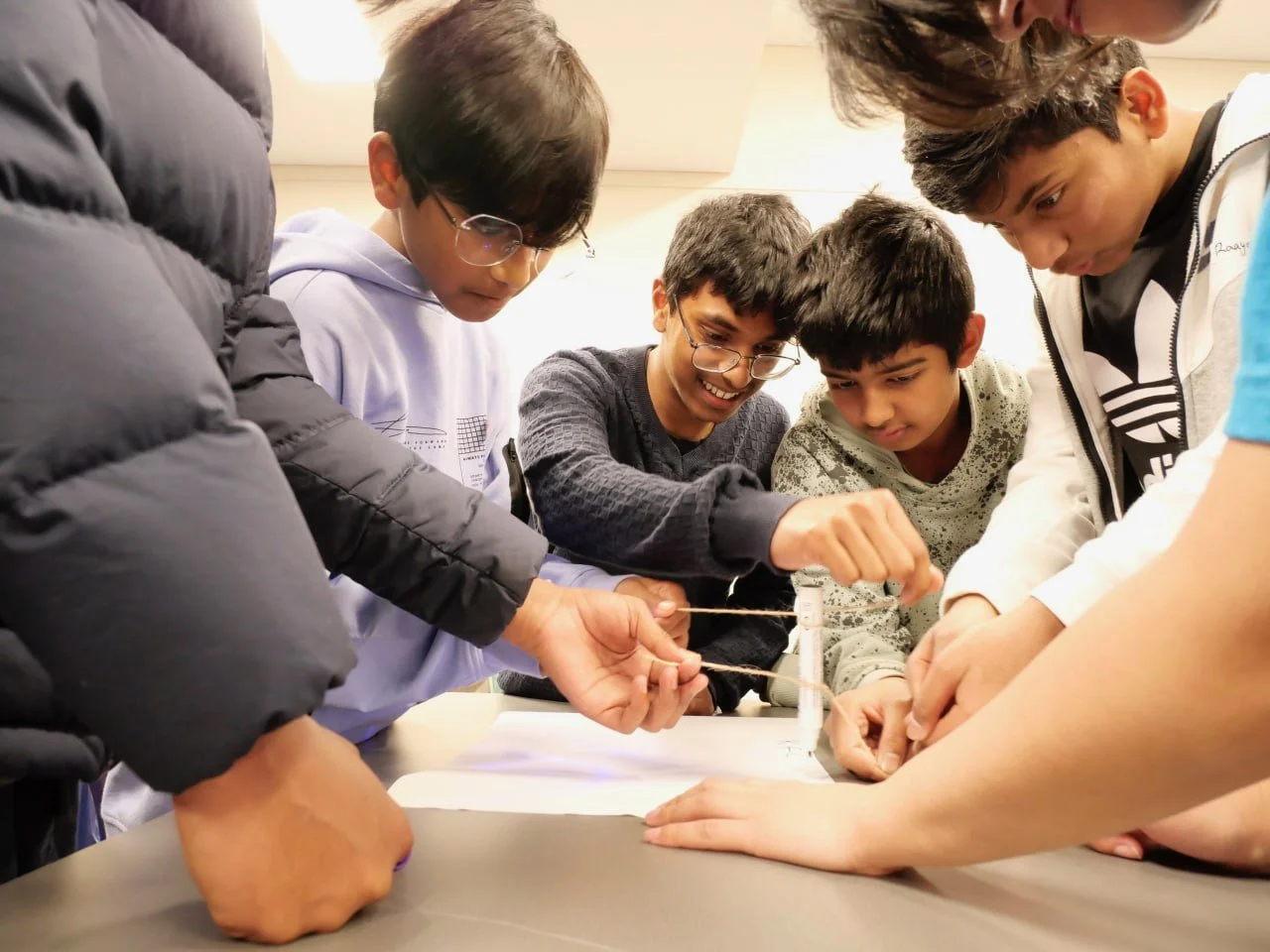
Peace Education
PEACE EDUCATION
Why Peace Education?
It is an education that fosters citizens of peace with the value and characters of peace
Earth is the only planet we know of that sustains life. It provides us with air, water, and light. However, many people are suffering from war, famine, a gap between the rich and the poor, environmental pollution, and more all over the world due to human greed and selfishness. The problems humanity faces today remain unsolved and are being passed on to future generations. Therefore, HWPL proposed peace education as a way to leave a beautiful world of peace as a legacy for the future generations.
Training the next rising generation as citizens of peace is important to transform the future of the global community into a better world. In order for such future leaders to be born, education must be provided to students at school on topics such as peaceful attitudes, values, and experiences so that they can practice them in society.
End of term peace education workshop with a language School
HWPL Peace Education’s
History
About 50 education experts from various countries participated in reviewing the peace education curriculum. As of 2019, the standard curriculum is comprised of 12 lessons. In all classes, teachers can develop their own lesson plans or tools freely according to the level and environment of each country and community using the standard curriculum. HWPL has also made efforts to develop peace education curriculum by receiving advice from the ministries of education and teachers from each country.
HWPL Peace Education’s
Vision and Goals
We envision a future empowered by young peace leaders. Equipped to navigate conflicts from everyday disagreements to global security threats, these leaders will foster a world peace of harmony and lasting peace, leaving a legacy of cooperation and understanding for generations to come.
CURRICULUM
Structure of HWPL Peace Education Curriculum
Part 1 Discovering the meaning and the value of peace
Part 1 provides a fundamental solution for how peace can be achieved. We learn how the human world can coexist harmoniously through the harmonious appearance of nature. By understanding that the order and harmony are broken because of man’s greed, depicts the process of restoring peace by restoring order and maintaining a harmonious relationship.
Part 2 Creating peace citizens through developing each individuals characters
In Part 2, peace education teaches students the character of peace to foster peace citizens. Based on the content, we fully teach the basic peace characters that the citizens of peace should have. It concludes by recognising that myself who had peace education is the peace messenger and urges to work together for peace.
12 Lessons of HWPL Peace Education
In lessons 1 to 4, students start by discovering peace in nature that has blossomed life for billions of years, and learn that all creation is harmonious because everything lives together in harmony with their own value of existence. Students can develop their abilities to create a society where people coexist and protect each other in families, schools, workplaces, communities, countries, and international society.
Lessons 5 to 12 talk about the values of peace that should be embedded in each student’s mind. Appreciation, consideration, sacrifice, forgiveness, manners, a law-abiding spirit, courage, and more are essential values for spreading peace. Students who have learned such values will become “citizens, heroes, and messengers of peace” who will achieve world peace and leave it as a legacy for the future generations.
12 Books of Peace Education Sample
PROGRAMS
The HWPL Peace Education Workshop uses sports as a springboard to teach kids about peacebuilding, respect, and conflict resolution. Through interactive games and activities, participants explore empathy, global citizenship, and practical skills to navigate everyday disagreements, ultimately aiming to empower them as young peace ambassadors in their communities.
1. Peace Education Workshop
2. Peace Education Curriculum
HWPL's Peace education Curriculum, built around the concept of peace, coexistence, harmony and development. It is a 12-lesson program over the span of one year. Starting with the importance of peace in nature, it delves into the root causes of war and the need for a restored global order. The curriculum then emphasizes core values like respect and coexistence,aiming to cultivate "peace messengers" who can spread a culture of peace throughout their lives.
3. Peace Education Teacher’s Training
Education should not just end in terms of delivering knowledge, but should continue to examine, teach, and help students internalize and apply what they have learned until they make it their own. For this purpose, HWPL strategically appoints local teachers and professors as peace educators and provides them with regular training. These educators are uniquely positioned for this role because they possess a deep understanding of their students' situations and backgrounds.
4. Signing MOU or MOA on Peace Education
Currently, HWPL has signed MOUs with 514 institutions and schools around the world for the implementation of peace education in the schools'‘s curriculum.. Also, MOAs have been signed with the education ministries in 32 countries and regions, including Guatemala and Ethiopia, to prepare for peace education at a governmental level.
Students writing reflections after workshops and making
reflections circle
Register for interest
PREVIOUS WORKSHOPS
Peace Education Workshops are also conducted in schools across Victoria. Short soccer games and activities were used to engage the students in the workshops and illustrate each of their own value, importance of teamwork, and practicing communication. Students were also highlighted the importance of discipline and being proactive as they move to VCE/VCAL next year.
Peace Education through sports was held for indigenous students. A total of 36 students aged 12-14 attended the workshop focusing on My Value, Influence, Role & Duty from Lesson 2 of the Peace Education Book. Activities such as tennis balls throwing, basketball free-throw, and group discussion was held to catalysing the outcome of the workshop
Children from a homework club conducted a 4-week workshop with peace education lessons 2, 5, 6, 9. Children with the age range 6-14 years old get to learn the importance of their value, influence, and roles as they do team building activities and reflections
Physical Education Students from year 7-8 participated in the Peace Education through sports workshop. Through focusing on lesson 2 - My Value, Influence, Role & Duty - from the Peace Education book. Students were engaged in small sports activities that can develop their understanding of their own self-worth.
HWPL and a Community Centre held a 3-day workshop during the school break for the youth students. Students get to learn about Lesson 2 of the Peace Education book – My Value, My Influence and My role & duty.
HWPL Victoria held an end of term workshop with a language School. As part of their celebration, children get to be introduced about peace education and played activities that discusses the concepts of our values and our role
Parents and Children from South Sudanese background join the Inter-generational workshop by HWPL. Parents and Children get to exchange roles to experience each other roles, creating more understanding, communication and respect to each other.
TESTIMONIES
“We learnt about how important we are and our roles. Eg, in the boat, there are many people, there’s roles, in life we have a part, there’s consequences and results. Us we are like a crew, we need to work as a team to keep it floating and go.”
— Reflection from chin-myanmar student attending the 3-day workshop
“I think it’s really enjoyable fun, to learn respect. To help someone and help them and show that i care, that they are wonderful person, that they can be anything. Treat people how you want to be treated, if you show respect they will show respect to you too.”
— Reflection from a South-Sudanese student attending the 4-week workshop
“To all the youth, girls and boys. I am very happy with you all. We need to be sharing. I brought my brothers here. They are new here, one month, I'm happy for them to be here. Next time kids tell your parents to come too and we need to tell our parents we need to have sharing. For the youth I am very happy for you.”
— Reflection from a parent attending
the inter-generational workshop
“We learnt about values, ripple effect, when you be nice to someone and they will be nice to another person and it will be keep going”
— Reflection from chin-myanmar student attending the 3-day workshop
“Very good scenario, seeing them standing up and all of them interacting. As a parent it is a hard balance between understanding them and being hard enough. they might think we are judging them. As parents need to understand why they wear what they wear and do what they do. We need them also to understand why we say what we say”
— Reflection from a parent attending
the inter-generational workshop
“Being thankful for what you have, some people don't have anything they have to sleep in the streets and have no food and you have to be grateful for the stuff that you have. I want to be thankful to my mom for taking care of me and giving us food and taking us places that people don't take. And paying our school fees.“
— Reflection from a South-Sudanese student attending the 4-week workshop
“I’m happy to come because i was glad i can be heard”
— Reflection from a child attending
the inter-generational workshop
“Peace Education Online Training has really opened my eyes to something important: embracing our differences and getting along. Now, I understand that valuing people from all backgrounds, cultures, and beliefs is crucial for a peaceful world. This has weighted the way I think and act, both in my personal life and in how I see education.
I've learned that peace starts at home, where parents teach kids about empathy and respecting others. Teachers also have a big role to play in teaching understanding and manners in school. If we all work together, we can make the world a more peaceful place for everyone.”
— Reflection from a teacher attended the Peace Educators Training Education (PETE)
VIDEOS
HWPL Peace Education in Phillipines
HWPL Peace Education testimonies from ministers, teachers and students



















